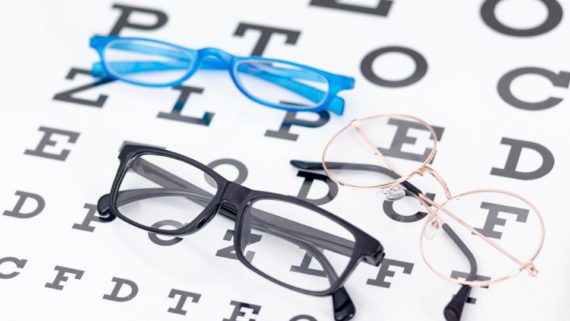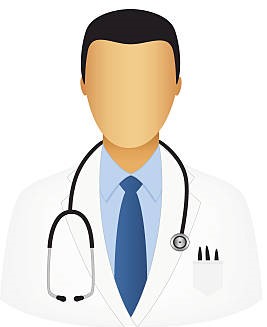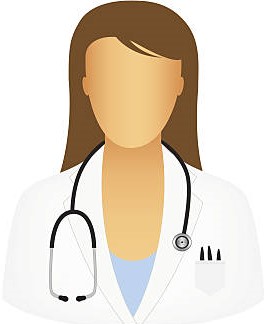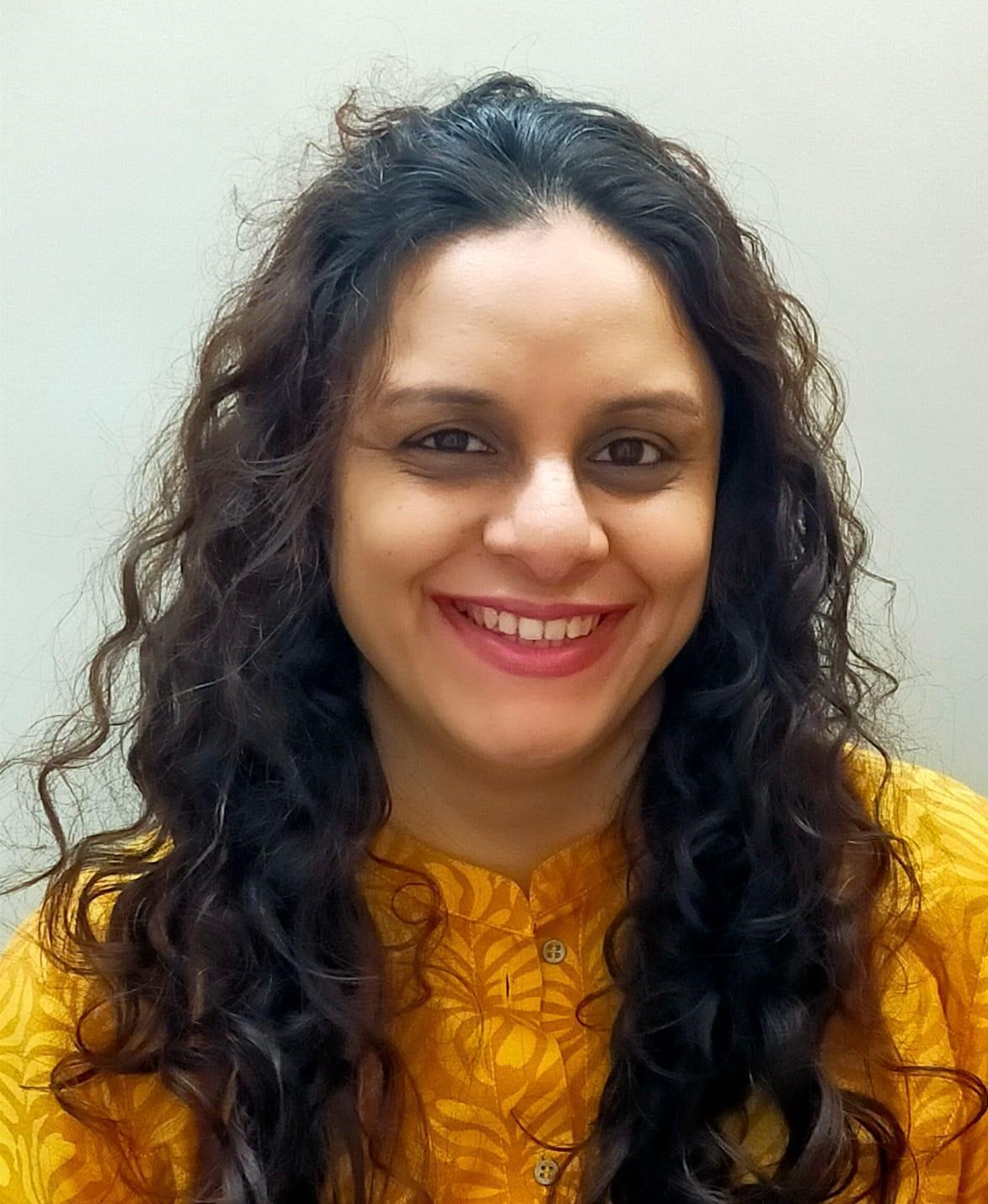Ophthalmologist
Ophthalmologists are medical doctors who specialize in the diagnosis and treatment of eye and vision problems. What is the difference between an ophthalmologist and an optometrist, then? What about opticians? These three types of eye care specialists have rather similar-sounding names and overlapping job descriptions. It can be confusing at first glance. Here’s the difference:
- Opticians can help you choose frames for your glasses and provide information about types of lenses and lens coatings. They cannot give eye exams, write prescriptions, or diagnose or treat eye problems.
- Optometrists can examine your eyes, test your vision, prescribe glasses or contacts, and diagnose and treat many eye disorders and diseases. They are not medical doctors or surgeons but can prescribe certain eye-related medications.
- Ophthalmologists also provide eye exams, vision testing, and prescriptions for glasses or contact lenses. As medical doctors, they can diagnose and treat any and all eye problems. They can perform eye surgery and provide follow-up care.
Our Ophthalmology department has the expertise to treat all kinds of eye related problems ranging from routine eye examination to other conditions of the eye and surrounding structures. Our team of ophthalmologists is fully equipped with state of the art diagnostic and therapeutic equipment’s for treating glaucoma, cataracts, corneal and external diseases, aesthetics, paediatric ophthalmic diseases and disorders.

When giving a comprehensive eye exam, an ophthalmologist will assess your vision and, if needed, find your eyeglass/contact lens prescription. They will test how your pupils respond to light, check the alignment of your eyes, and make sure the muscles that move your eyes are working properly. They will look for any early signs of eye problems such as cataracts or glaucoma and examine the back of your eye (retina) and optic nerve.
Ophthalmologists diagnose and treat injuries, infections, diseases, and disorders of the eye. Treatments can include medication taken orally (by mouth) or topically (in the eye), surgery, cryotherapy (freeze treatment), and chemotherapy (chemical treatment).
As they are the only medical professionals who can treat all eye disorders, ophthalmologists see a wide variety of eye conditions, including:
- Amblyopia (lazy eye)
- Dry eye
- Macular degeneration (AMD)
- Refractive errors (nearsightedness, farsightedness, etc.)
- Retinal detachment (when the retina lining the back of the eye pulls away from the blood vessels that supply it)
Our Specialists

Monday
11 AM – 12 Noon

Wednesday & Friday
11 AM – 1 PM

Thursday & Friday
9 AM – 10 AM

Thursday
11 AM – 12 Noon

Tuesday
10 AM – 11 AM

Tuesday
11 AM – 12 Noon